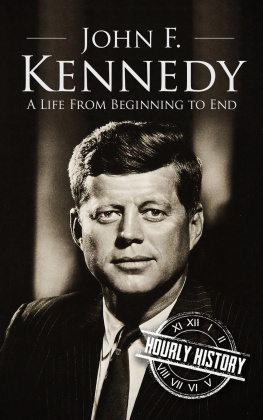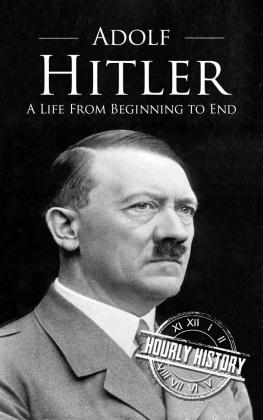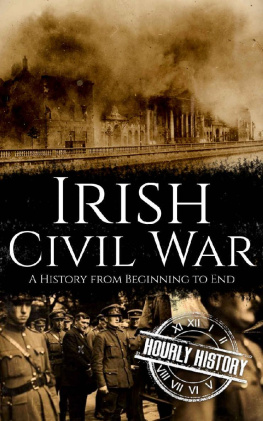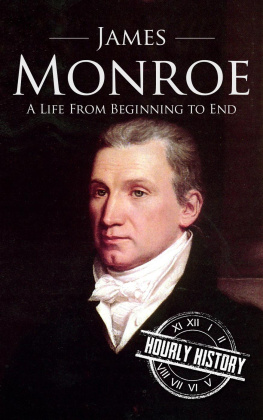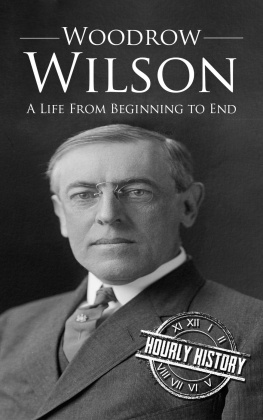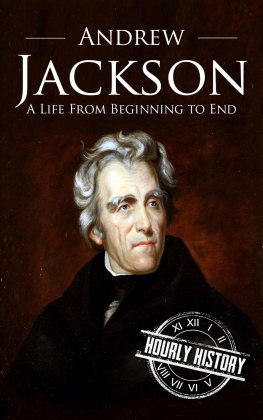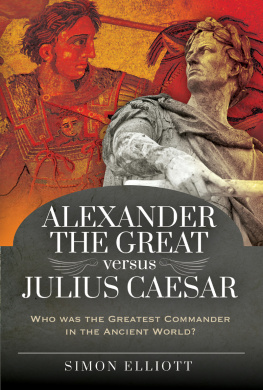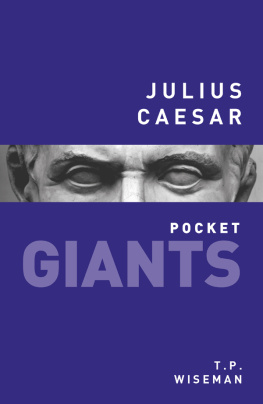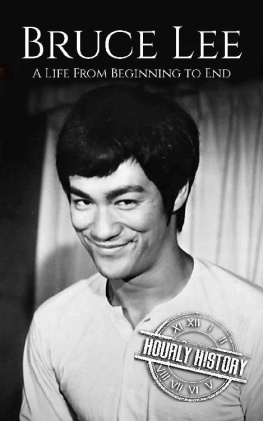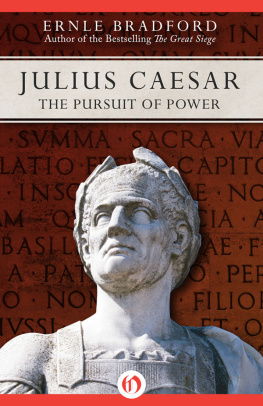Copyright 2016 by Hourly History.
All rights reserved.
Introduction
The tale of the man who would come to be known as Julius Caesar is one on a grandiose scale filled with drama - so much drama in fact that it would inspire William Shakespeare to write up his epic play of the same name, based on the same man, about 1500 years after the fact. Julius Caesar was a man of many strengths; he was one of the greatest military generals of all time, but he was also a writer, and much of what we know of him and his campaigns are derived from his own direct, vivid accounts of what transpired.
A true Renaissance man centuries before any other, Julius was well groomed to take on the role of leader and statesman that would eventually catapult him to the top of the Roman Republic. Caesar was known to be well-rounded in not only his abilities but also in his temperament. While he was capable of ruthless brutality, more often than not he was more inclined to practice mercy and clemency for his adversaries - so much so that his future would-be assassins were in fact at one time pardoned by his own hand.
A truly adept politician, Julius had a fine command over both the sword and the pen, and he achieved just as much during his lifetime through political maneuvering as he did through the maneuvering of his military forces. When we look toward the transition between the Roman Republic and the Roman Empire we can only look to Julius Caesar as the bookend firmly ensconced between these two eras.
Chapter One
The Underpinnings of a Republic
The Roman Republic that Julius Caesar was born into was the only superpower left in the ancient world. Centuries before the rise of the Republic the Macedonian king Alexander the Great had carved through and subdued much of the Mediterranean, leaving the previous world empires shattered in his wake. Thanks to him, the might of Persia was smashed and much of the Middle-East and North Africa were sent hurtling into Greco-Roman orbit.
As a consequence, not long after Alexanders short tenure as a world leader and the demise of Ptolemy and other fleetingly brief post-Alexandrian regimes, the torch was finally passed to the Romans to consolidate and hold his gains. By 146 BCE the Roman Republic had put down all other potential claimants to Alexanders legacy; all other contenders in the Mediterranean had been shut down and the lines of empire that had been drawn by Alexander the Great were now all Roman boundaries.
Much of the strength of Rome and its capability to hold onto territory once it had been acquired was largely due to the genius of its political system. With the prevention of chaotic tyranny in mind, the Roman Republic had been carefully outfitted with checks and balances on power in order to prevent their society from being overcome by the internal revolutions, civil strife, and wars of succession that had plagued so many of their neighbors.
Unlike Alexander the Great and so many others, when a leader of the Republic died or stepped down, Roman society did not erupt in chaos; it just peacefully chose a new leader. This was quite an innovation in the ancient world. With such a strong constitution, the Romans could turn their attention toward outward expansion without any fear of internal collapse.
By the time of Julius Caesars birth on July 13th, 100 BCE, the Republic had already withstood the test of time with four centuries of stability. Julius Caesars family was of the aristocratic patrician class of Rome. He was the son of Caius Caesar who was governor of the province of Asia, and along with this claim to fame, he also had an uncle named Caius Marius who was one of the most renowned men of the Republic. Marius, a seasoned soldier who was already experienced in the ways of statecraft, was elected to the Roman Consul in 107 BCE.
The first major crisis in Julius Caesars life was when his father died in 85 BCE. Collapsing and suffering from cardiac arrest after trying to put on his shoes, his death was abrupt and shocking for 16-year-old Julius. It was an event that would thrust him into the role as head of his family. Despite the hardship of sudden leadership, Julius Caesar proved to be a very self-confident young man.
He was just as much pragmatic as he was confident, as was evident in his first major decision as an adult: his marriage to Cornelia, the daughter of Cinna. For Julius this was a political alliance on a grand scale, since his wifes father Cinna, who had stood on the counsel from 87-84 BCE, was considered one of the most powerful men in Rome. This was just the kind of social springboard that the young Julius was hoping would propel him to his own heights of political accomplishment.
But these dreams of latching on to his own piece of political stability were dashed when civil war broke out between factions led by his uncle Marius and his arch rival Lucius Cornelius Sulla. Bitter and bloody, it was a disastrous conflict that threatened to tear the very fabric of the Roman Republic apart. Ironically, while all of this fighting was going on, war and the military were the last things on young Caesars mind.
In fact at this point in his life he was poised to join the priesthood for the Roman god of Jupiter, a role that expressly forbid him to even be in the presence of a standing army let alone serve in the military. But after the unfortunate death and defeat of his uncle, any dreams Julius had to join the clergy were ultimately crushed since Sulla, upon his victory, decided to strip him of the priesthood.
Julius Caesar, just 18 years old at the time, found himself on the losing end of a devastating conflict that had left both his uncle Marius and his father-in-law Cinna dead. The death of Cinna wasnt enough for Sulla either, and he soon demanded that Julius divorce his wife Cornelia so that he could renounce all ties to Sullas enemies. This was a request that Julius Caesar steadfastly refused. Some say that this was done more out of a matter of stubbornness and hatred toward Sulla than for any loyalty to his wife, but at any rate, even under the threat of death he stuck by Cornelias side.
Due to his refusal to conform to Sullas will Caesar, was forced to flee Rome in order to seek sanctuary in Sabine Territory in northeast Italy. Here Caesars fate would take a turn for the worse as he became sickened with, malaria and was forced to flee from one safe house to the next while his condition continued to deteriorate. In this desperate state, he was eventually captured by a contingent of Sullas troops, who he ended up bribing with 12,000 silver denarii to let him go.
Still a hunted man, his escape from Sullas wrath would turn out to be only temporary. In order to buy a more permanent freedom he would need the help of some friends in high places. It was ultimately through the intervention of his mother and other supporters of Sulla that finally convinced him to grant Julius Caesar a pardon.
At this point Caesar was a changed man. He decided it would be much more prudent for him to leave his priestly vestments behind and instead join the military. He took a military post as far from Sulla as possible in the furthest reaches of the eastern half of the Republic in modern day Turkey. Here he would stay until he finally received word of Sullas death in 78 BCE.
Upon Caesars return to Rome it was a city once again poised for civil war. It seemed that despite all of the advancements the Roman Republic had made in the past when it came to the right of succession, these safeguards for transition had been destroyed irreparably by Sullas dictatorship. Now, from the death of Sulla and beyond, finding the new heir apparent would become a very dangerous proposition, with factions bitterly fighting each other for power.


